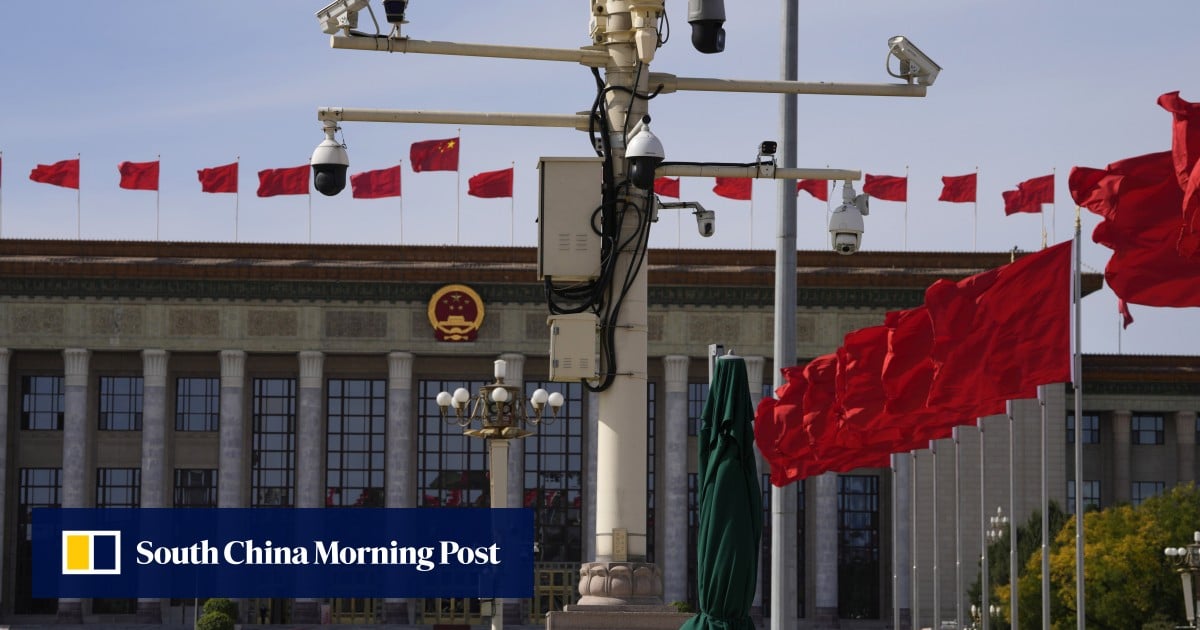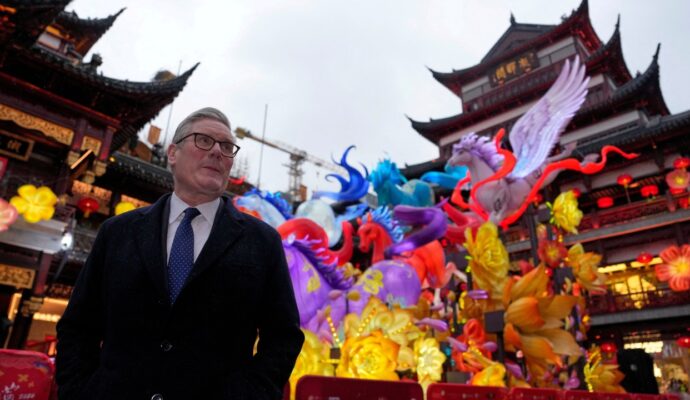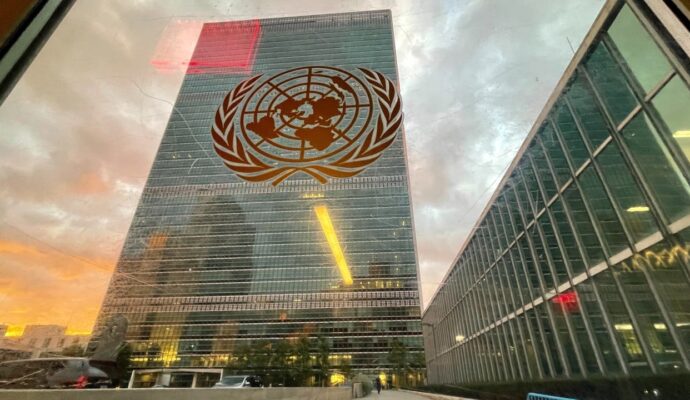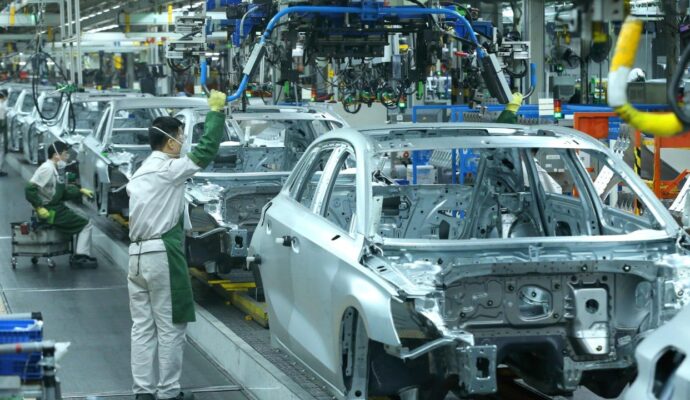
An official message to Communist Party cadres across China serves as a warning in their mission to bolster business confidence amid a push by Beijing to revive economic growth following years of restrictive Covid controls and geopolitical challenges.
On the front page of the Study Times – an education journal of the Central Party School, widely read by officials at all levels to gauge which way the winds are blowing in Beijing – an article on Wednesday touched on how overstepping cadres could threaten sustainable, high-quality growth by not toeing the party line.
“Curbing the inappropriate interference of authorities in microeconomic activities has always been a key task in the reform of China’s economic system,” Cai Zhibing, an associate professor of the Economics Teaching and Research Department at the Central Party School, said in the article, citing dictates in the Central Anti-Corruption Coordination Group Work Plan (2023-27) released in September.
Such “interference” means those officials are not taking into consideration the requirements of “high-quality development”, as championed by the party’s Central Committee, Cai said, adding that some authorities are not “strict and civilised” when it comes to law enforcement.
And “one-size-fits-all” regulations and measures that have popped up across the country have “greatly” increased economic uncertainties, burdens and risks for businesses, Cai said, without pointing any fingers.
China bans ‘one-size-fits-all’ approach to farmland reclamation
China bans ‘one-size-fits-all’ approach to farmland reclamation
Cai blamed the pandemic, changes in global trade trends, and shifts in domestic-development focus for what he called an “imbalance” in local government finances, warning that this has subsequently incentivised regional authorities to turn more aggressive in seizing assets and assessing fines, seeking any means to raise revenue.
“As a result, such interference has disturbed the order of operation, harmed the business environment and affected confidence in business operations,” Cai said.
“Reducing inappropriate interference in economic activities involves mitigating authorities’ circumvention of market-economy rules … and ensuring fair and full market competition while effectively revitalising market vitality,” he explained.
Increasing the economic contributions of local-level governments has involved an anti-corruption crackdown in state and financial sectors. And Beijing is stepping up such tactics in the public sector, as well.
Meanwhile, local government officials – including any who may have taken bribes during the bidding process for government contracts – have found themselves in the cross hairs of corruption probes.
Four officials in Shandong province were stripped of their public posts and party membership over corruption charges, according to a notice by the Shandong Provincial Commission for Discipline Inspection and Supervision on Tuesday.
“Some [officials] abused their power and interfered with market economic activities in violation of regulations, which not only damaged the integrity of their public roles but also damaged a fair and just market environment,” the commission said.
‘It is too hard’: small businesses bear costs of China’s slowing growth
‘It is too hard’: small businesses bear costs of China’s slowing growth
Educating cadres on the perils and pitfalls of corruption, and of not abiding by official doctrines, has long been a priority for the Communist Party. And the urgency has intensified as Beijing aims to reduce economic losses stemming from corruption.
Ye Huaiguan, a member of the Standing Committee of the Ningbo Municipal Party Committee in Zhejiang province, said that finance, state-owned companies and firms involved in the food trade were among the enterprises that the country’s anti-corruption watchdog was keeping a close eye on.
China has strengthened its resolve on stamping out corruption, with an aim to “resolutely prevent and correct improper interference of cadres at all levels in microeconomic activities,” Ye was quoted as saying last month by the China Discipline Inspection and Supervision News, a publication owned by the Central Commission for Discipline Inspection.
“[The focus is on] enhancing the awareness of not wanting to be corrupt [among cadres] and creating a value identity that upholds integrity and resists corruption,” said Ye, who is also secretary of Ningbo’s Municipal Commission for Discipline Inspection and director of the Supervisory Committee.


